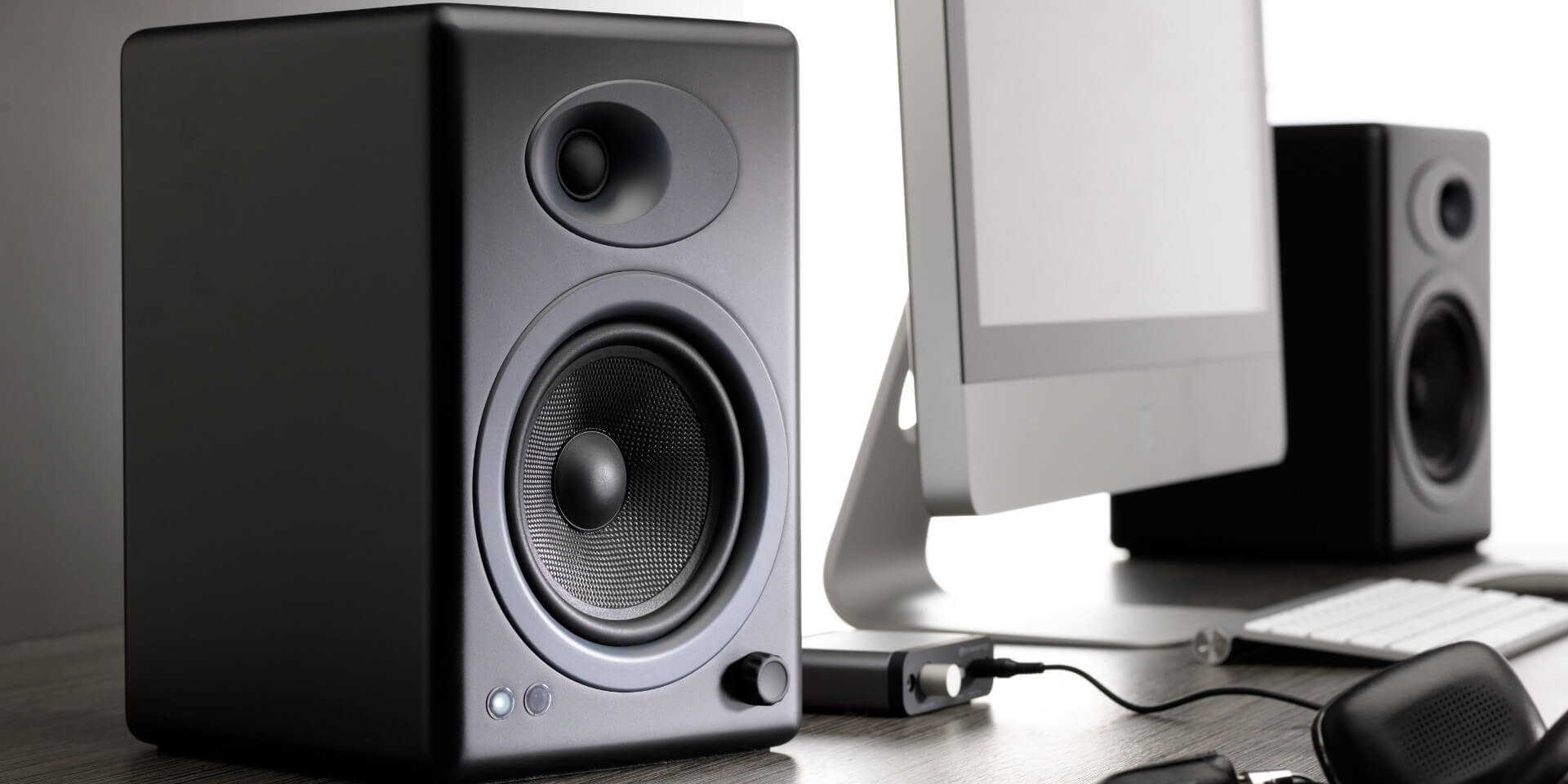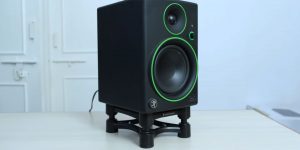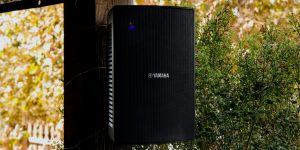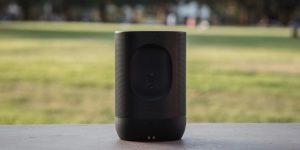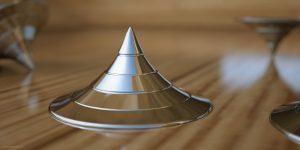No, the power cable does not affect the sound of the speaker. Speaker sounds are caused by air movement, and the power cable is too thin to cause any noticeable airflow. However, some people believe that thicker power cables can improve the sound quality of their speakers by providing a more stable electrical connection. There is no scientific evidence to support this claim, however.
Whether or not you believe thicker power cables make a difference, use the correct gauge (thickness) of wire for your speakers to prevent damage to your equipment.
Does the power cable affect the signal interference of the speaker?
The power cable of the speaker can affect the signal interference. The length and type of the power cable can also affect the signal interference. If the power cable is too long, it may cause signal interference. Besides, the thicker gauge is better. A thicker gauge speaker wire will have less signal interference than a thinner gauge speaker wire.
If the power cable is made of poor quality materials, it may also cause signal interference. Therefore, choosing the correct power cable for your speaker is essential to avoid signal interference.
The type of power cable can also affect signal interference. If you use a power cable that is not shielded, it may cause signal interference. Therefore, choosing a shielded power cable is essential to avoid signal interference.
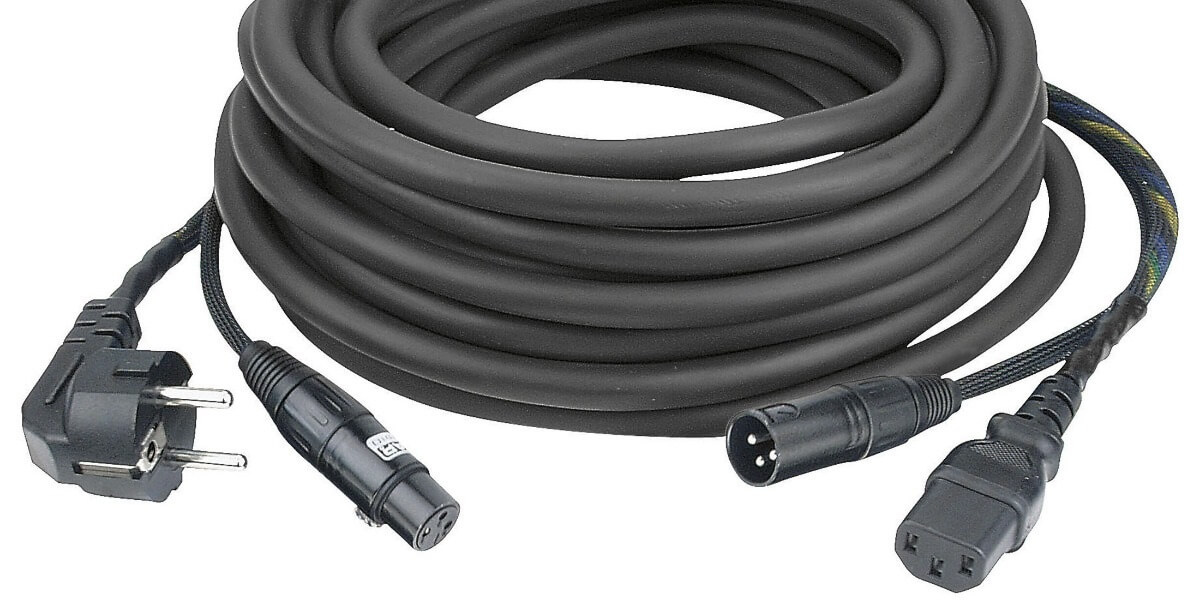
How to choose a power cable suitable for my speaker?
To get the most out of your home audio setup, you need to ensure you’re using the right type and gauge of power cable for your speakers. If you’re not sure how to choose the suitable power cable, here are a few things to keep in mind:
The first thing you need to do is determine the wattage rating of your speakers. This information can usually be found on the back of the speaker or in the owner’s manual. Once you know the wattage rating, you can choose a power cable to handle that much power.
Choosing a power cable with the correct gauge for your speakers is also essential. The thicker the gauge, the more power the cable can handle. However, thicker cables are also more expensive. If you’re not sure what gauge to choose, a good rule of thumb is to use a 16-gauge cable for speakers up to 100 watts, a 14-gauge cable for 100-200 watts, and a 12-gauge cable for speakers that are 200 watts or more.
When choosing a power cable, also make sure to get the correct length for your needs. The longer the cable, the more expensive it will be. However, you don’t want to get a too short cable, as this could cause problems with your electrical system.
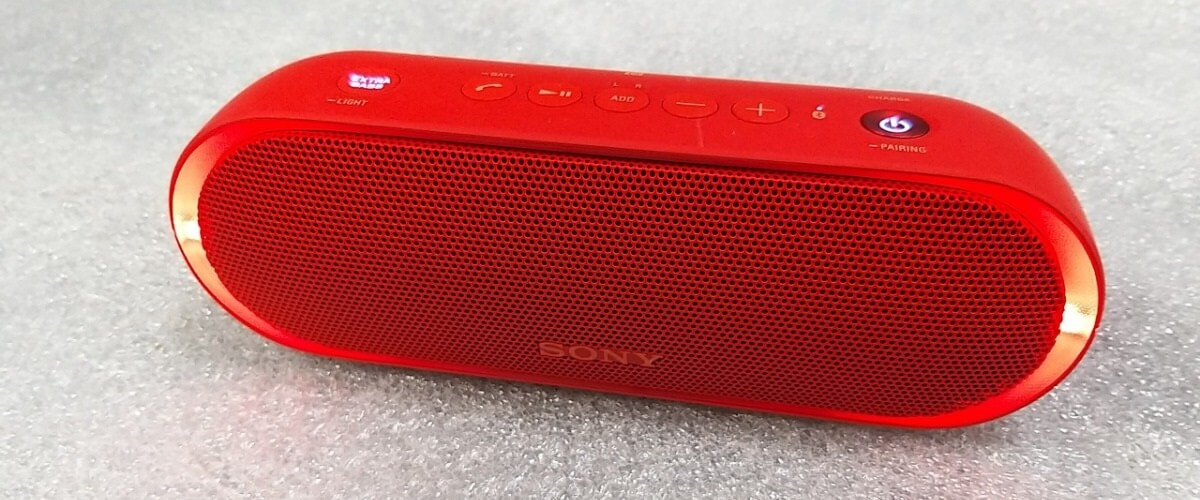
Finally, get a power cable that has suitable connectors for your speakers. The most common connector type is the banana plug, but you may also see Speakon or 1/4-inch connectors.
If you keep these things in mind, you should be able to choose the perfect power cable for your home audio setup.
Is it better to use a powered or unpowered speaker?
There is no easy answer when choosing between powered and unpowered speakers. Both have their advantages and disadvantages that need to be considered before deciding.
Powered speakers are typically more expensive than their unpowered counterparts, but they offer several benefits that may make them worth the investment. For example, powered speakers are easier to set up and use, and they often provide better sound quality than unpowered speakers.
On the other hand, Unpowered speakers are typically less expensive and more portable. They may not offer the same sound quality as powered speakers, but they can be a good option for those on a budget or who need a more portable speaker system.
Ultimately, the best speaker system will depend on your needs and preferences. Consider your budget, intended usage, and desired sound quality when deciding.

